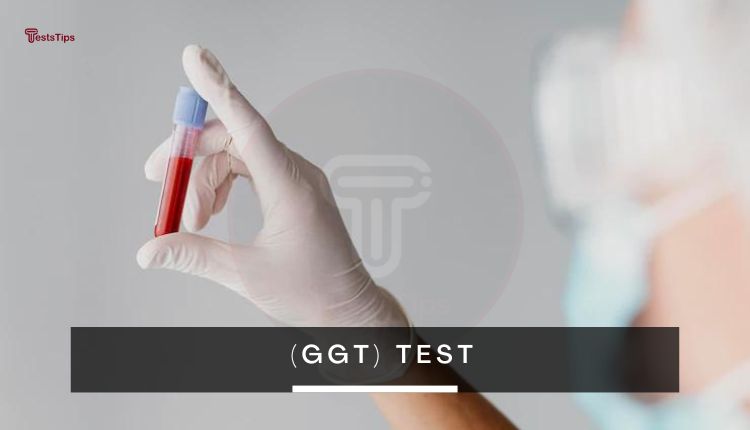Gamma Glutamyl Transferase Test. Purpose and Results
Gamma-glutamyl Transferase (GGT) Test
Gamma Glutamyl Transferase Test (GGT) Test: what it is, why it’s important, and who should get it. Find out how to determine your results and more.

Table of Contents
The Gamma Glutamyl Transferase Test (GGT Test) measures level of the enzyme gamma glutamyl transpeptidase in the body. GGT helps break down proteins and control certain chemical reactions, and its levels can indicate liver problems or other medical conditions. Knowing your GGT results can help you make informed healthcare decisions.
What is the GGT Test?
The Gamma Glutamyl Transferase (GGT) test is a blood test measures the levels of GGT enzyme in the body. GGT helps break down proteins and regulate chemicals such as bile acids and amino acids in the body.
GGT may leak into your bloodstream if your liver or bile ducts are injured, so the test is used to diagnose liver problems or to differentiate between liver and bile duct diseases. The test is also used to monitor liver function and to determine if you are alcohol dependent.
A typical range for GGT levels in adults and children is between 0 and 30 IU/L. It is often used in conjunction with other tests (such as the alanine aminotransferase (ALT), aspartate aminotransferase (AST), alkaline phosphatase (ALP), and bilirubin tests).
Because the gamma glutamyltransferase test is noninvasive, it is often used as a screening test for liver dysfunction. If you are at risk for liver damage, your doctor may recommend that you have a GGT test performed regularly. If you have any questions about the test, please consult with your doctor.
Purpose of the GGT test

A GGT test is commonly used to:
- Assist in the diagnosing of hepatocytes disease.
- Monitoring the liver damage by liver diseases or a bone disorder.
- Examine the bile ducts for obstructions.
- Alcohol use disorder should be screened for and monitored.
When should I perform a GGT test?
If you are experiencing symptoms of liver disease, you may require a GGT testing. The following are the symptoms:
- Fatigue.
- Weakness.
- Jaundice “condition in which the skin and eyes turn yellow”.
- Appetite loss.
- Stomach ache or swelling.
- Vomiting and nausea.
You may also require this test if your ALP, ALT and/or other liver function tests were abnormal.
Will I need to do anything to prepare for the test?
Generally, You don’t need any special preparations for serum gamma glutamyl transferase test. However, if you are having the test as part of your diagnosis, be sure to bring all of the required documents with you to the appointment.
What happens during γ‑glutamyltransferase test?
A small needle will be used by a health care professional to draw blood from a vein in your arm. Following the insertion of the needle, a small blood sample will be obtained in a test tube or cuvette.
Once the needle goes in or out, you may feel a slight sting. This usually takes under five minutes.
What are the Risks Associated with the GGT Test?
A blood test poses very little risk. You may experience minor pain or bruising where the needle was inserted, but most symptoms subside quickly.
What do the results mean?
The normal range for serum gamma glutamyltransferase levels varies from laboratory to laboratory, but in adults, GGT levels in the range of 0 to 30 IU/L are normal. Anything above 30 IU/L could be a sign of liver damage.
Elevated levels are usually a sign of a liver problem like cirrhosis, but the GGT test is not specific and should be used in conjunction with other tests, such as an ultrasound or biopsy.
In general, an increased GGT level indicates that the liver is being damaged but does not specifically point to a condition that may be causing the damage.
The results of a GGT test can indicate the presence of liver or bile duct damage. Elevated levels of GGT may also indicate the presence of a liver disease, such as hepatitis C. If you are concerned about your health, it is important to have your GGT level checked.
Related tests
- Alanine aminotransferase, or ALT
- Alkaline Phosphatase
- AST Test
- Lactate Dehydrogenase (LDH) Test
- Liver Function Tests
Generally, a high blood level of GGT can be a sign of a problem in the liver or bile ducts. The results of a Gamma Glutamyl Transferase Test may help your doctor determine the cause of your liver problems.
